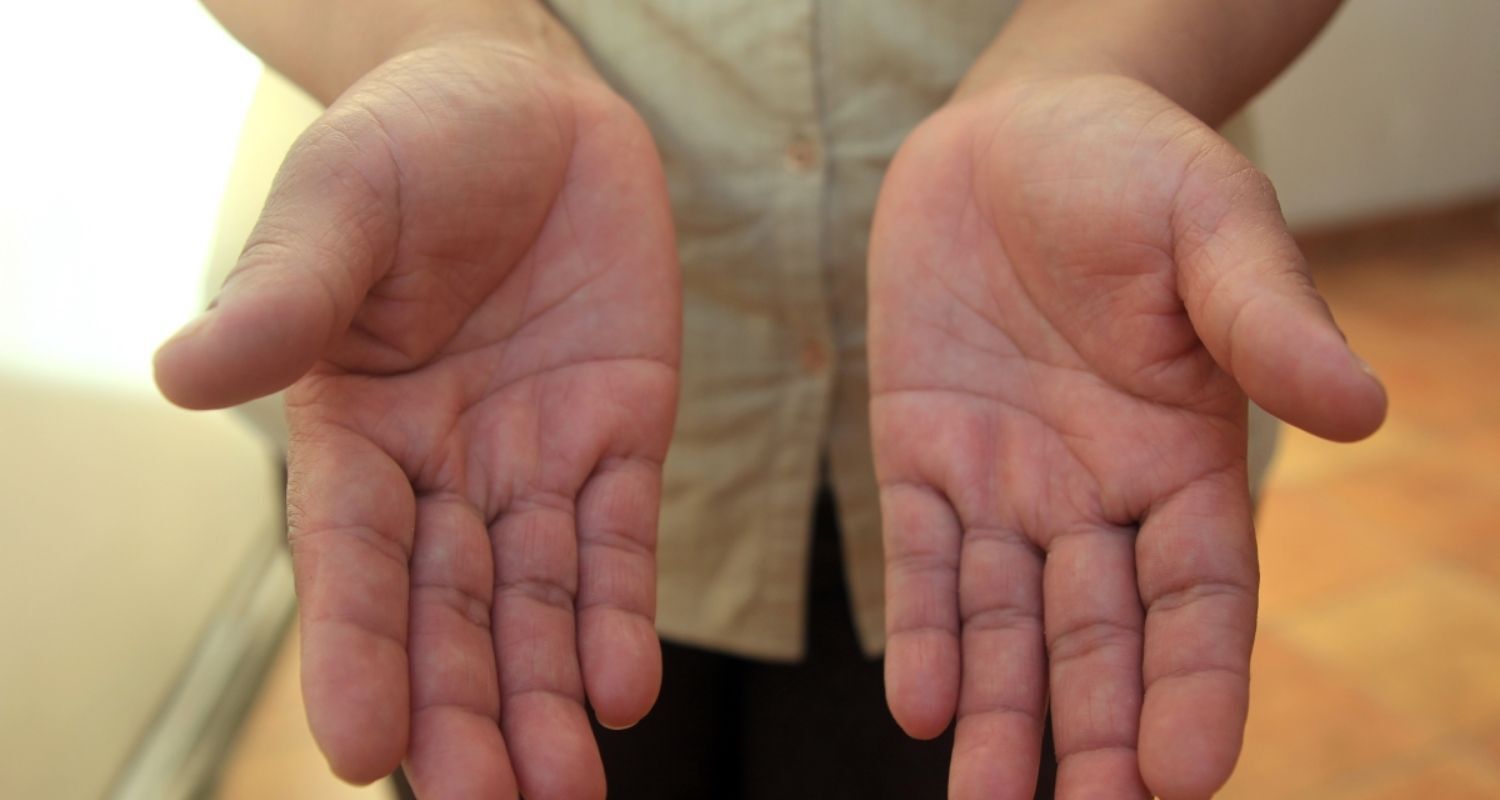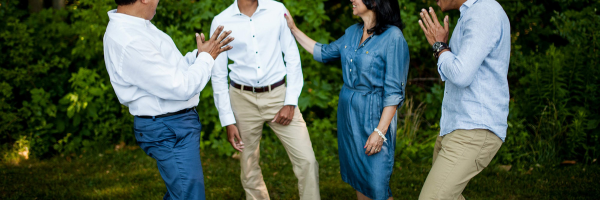December 5, 2016
At 5 pm, Suyapa Martinez* kisses her 11-year-old daughter and flags down a bus to start her long evening cleaning a public hospital. She works all night, from 6 pm to 6 am.
Suyapa is a single mother, and works so that her two daughters can improve their situation. The older has already graduated from high school and is studying for the university admission exam. The second is in 6th grade. It’s hard for Suyapa to leave at night, leaving her daughters alone in the house. But she doesn’t see any other option.
Suyapa has worked the majority of her adult life in cleaning companies, living from year-long contract to contract. She’s been working with this company for two and a half years, but doesn’t see it as a stable position, knowing that in any moment they could change or fire her from her position.
She’s lived through many difficulties. Eight months ago, Suyapa needed cataract surgery on one eye. Though every month, they deducted insurance money from her paycheck, the company that contracted her had never registered her with any insurance company. Suyapa had to go to a public clinic, though at least she was given a few days of paid sick leave.
Six months later, Suyapa needed surgery on her other eye, but the company refused to allow her to take more leave. When she stayed home a few days recovering from surgery, they reduced the days from her already-small monthly paycheck. When she complained, things started to change for her.
“They were angry with me because I fight for my rights,” said Suyapa.
With no warning, they changed her hours from 6 am to 3 pm to night shifts from 6 pm to 6 am. Though Honduran law requires a premium on night shifts, her pay didn’t change.
Suyapa feels it was retaliation for needing two operations in six months. “When I came back from leave, that’s when they made the change,” she said. “It felt like a punishment.”
She feels that they shouldn’t be able to change her hours, but she isn’t sure, because she didn’t understand the contract they gave her to sign two and a half years ago. “They don’t give it to us to read,” she said. “They say, “read and sign the contract,” but you know, you don’t understand that much of it, so you just sign.”
This change hasn’t been easy. She doesn’t sleep well during the day. And if her eyes flutter close for a few hours at work, her supervisor berates her in front of her colleagues. She also hates to leave her daughters alone all night, knowing that the region where they live isn’t very safe. Just mentioning them, tears appear at the corner of her eyes.
“It isn’t just,” she says, “I have no rights to anything.”
Suyapa’s hands are tough and stained from her daily work. She works all night for only $295 per month, which, after the insurance deductions is closer to $278.
“The money doesn’t go far enough,” she said, tallying her monthly costs. The government of Honduras makes an estimate of basic food needs for a family – this just includes simple foods like beans, tortillas, eggs, and oil. For 2016, this estimate was $343. Suyapa has $278 to buy the food she can, leaving aside enough money to pay rent, the bus, light, water, telephone. She also wants to buy things for her daughters – school notebooks and pens, Christmas gifts.
If they paid her on time, it would be difficult – but when payments run late, it’s almost impossible.
It’s been three months since Suyapa saw a salary. Right now, she’s living on borrowed money, from coworkers, neighbors, any person she can while she waits the money she’s owed. The money that barely stretches through one month certainly doesn’t see her through three.
“It’s difficult,” she says. She feels alone, abandoned, especially when neighbors and friends turn away, not wanting to lend her any more money.
But what other option does she have? If she complains too much, she could lose more than the hours she wants to work, she could lose her job. “If I could change it, I would,” she said, but she doesn’t believe it’s possible.
So every afternoon at 5 pm, she puts on the same threadbare uniform that she bought two and a half years ago (she can’t afford the $20 they would charge her to replace it). She puts on the shoes that are cracked and ruined. She readies her things and steps onto the bus, hoping that today will be the day that she’s paid what she’s owed, but read to come home again with empty hands.
*Name changed for security



















